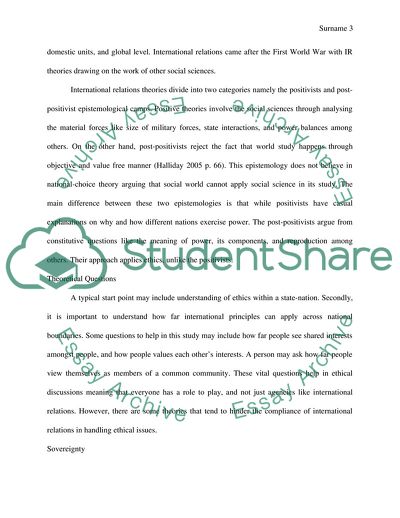Cite this document
(Relationship of International Government Organizations Essay - 1, n.d.)
Relationship of International Government Organizations Essay - 1. Retrieved from https://studentshare.org/politics/1856484-international-relations
Relationship of International Government Organizations Essay - 1. Retrieved from https://studentshare.org/politics/1856484-international-relations
(Relationship of International Government Organizations Essay - 1)
Relationship of International Government Organizations Essay - 1. https://studentshare.org/politics/1856484-international-relations.
Relationship of International Government Organizations Essay - 1. https://studentshare.org/politics/1856484-international-relations.
“Relationship of International Government Organizations Essay - 1”. https://studentshare.org/politics/1856484-international-relations.


